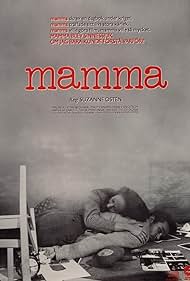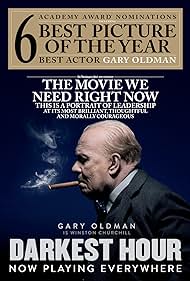La lettre scellée du soldat Doblin Soundtrack (2006)

Buy on Amazon Play and download Soundtracks
Der versiegelte Brief des Soldaten Döblin
Der versiegelte Brief des Soldaten Döblin
Der versiegelte Brief des Soldaten Döblin
La lettre cachée du soldat Doblin
La lettre scellée du soldat Doblin
Der versiegelte Brief des Soldaten Döblin
Synopsis
When France surrendered in 1940 and German soldiers showed up in the Vosgian village of Housseras, an unknown French foot soldier burned his papers and killed himself in a farmer's barn. Four years later he was identified as "soldat Doblin, Vincent". In fact, he was none other than the mathematician Wolfgang Doeblin, son of the famous German novelist Alfred Döblin ("Berlin Alexanderplatz") who was forced to flee Nazi Germany with his family in 1933. A French citizen since October 1936, Wolfgang Doeblin carried on his research into probability theory during his military service and even during the hardships of the "Phoney War" in the winter of 1939-40. In February 1940, four months before his death at the age of 25, he sent his most important manuscripts ("About the Kolmogoroff Equation") as a "sealed envelope" to the Academy of Science in Paris, where they were kept in safe custody for 60 years. Wolfgang Doeblin's short and dramatic life story, almost forgotten, was finally brought into the limelight when the "sealed envelope" was opened in May 2000. Far ahead of their time, his groundbreaking contributions to the theory of random processes place Wolfgang Doeblin among the major innovators of probability, the "mathematics of randomness". Mathematical models for evaluation of chances and risks went on to gain major importance in numerous domains of modern science, in everyday life and especially in contemporary financial mathematics.













